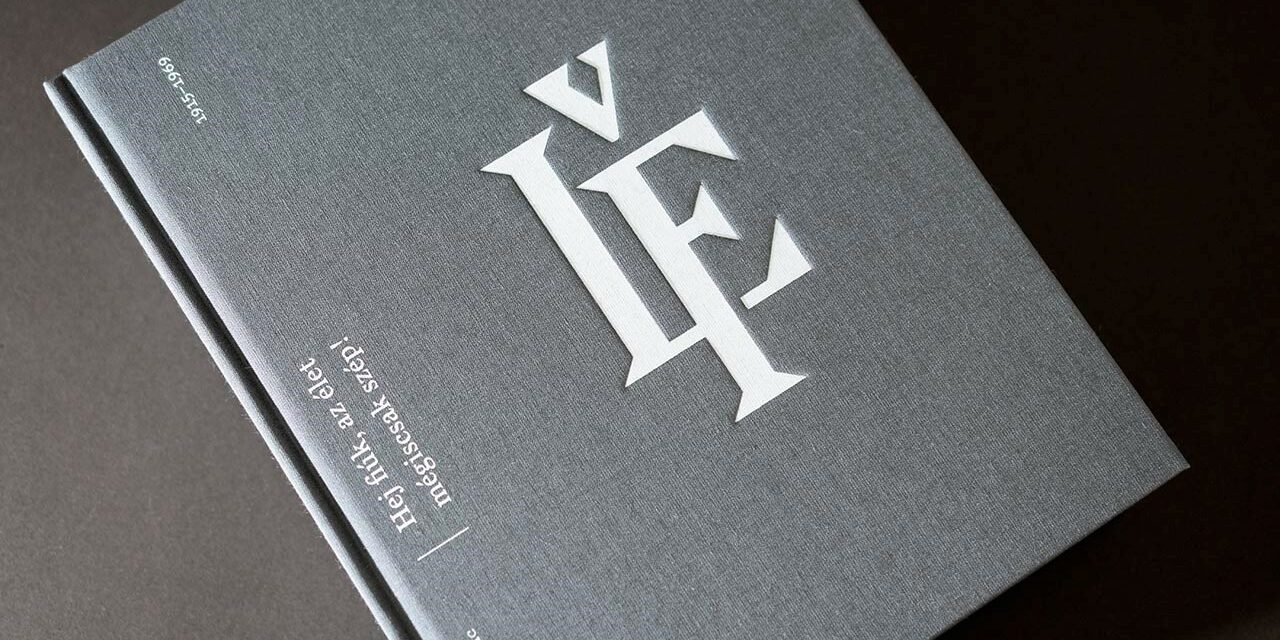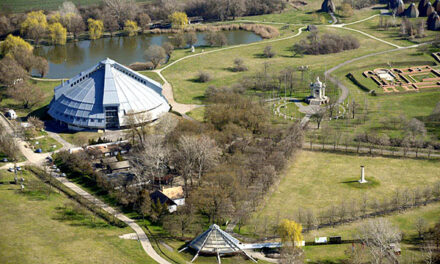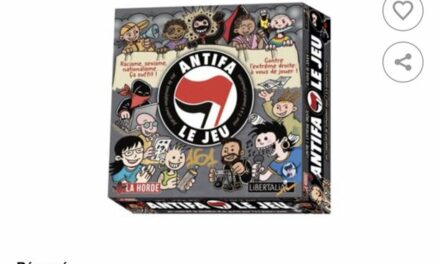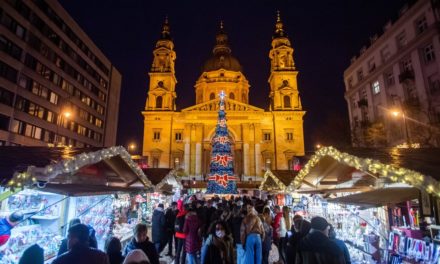With what you build and create for yourself today, you create value. This is how people used to be, since we can perceive that everything that evokes the past makes the present more homely. The joy of creation is given to many, even among the less well-known. The name of the young man (who is 37 years old) is already noted in his profession, that is, in architectural circles. However, few people know that while he is dreaming up buildings for the present and the future reminiscent of the past at the design table, he is also building a family home, since he is raising three children with his wife, and he has also taken care of the works started by his ancestors. He is the architect András Katona, who published his great-grandfather's memoirs made during the two world wars and during his captivity in Siberia in an encyclopedia-sized book.
The content is well conveyed by dr. An excerpt from Pál Bolberitz's foreword:
"Ferenc Lakatos's war memoirs are not studies of military history - although they are remarkable from this point of view as well. Colonel Lakatos's book cannot be put down. He makes himself read. Memories of an officer who loved his country and was loved by his soldiers from the First and Second World Wars."
Although one could talk about the 670-page book for hours, since as it turned out, his great-grandson knows almost every line, we talked with András Katona about the birth of the work, and what impressed him the most about his great-grandfather, the brave Ferenc Lakatos m. out. from the life of the colonel.
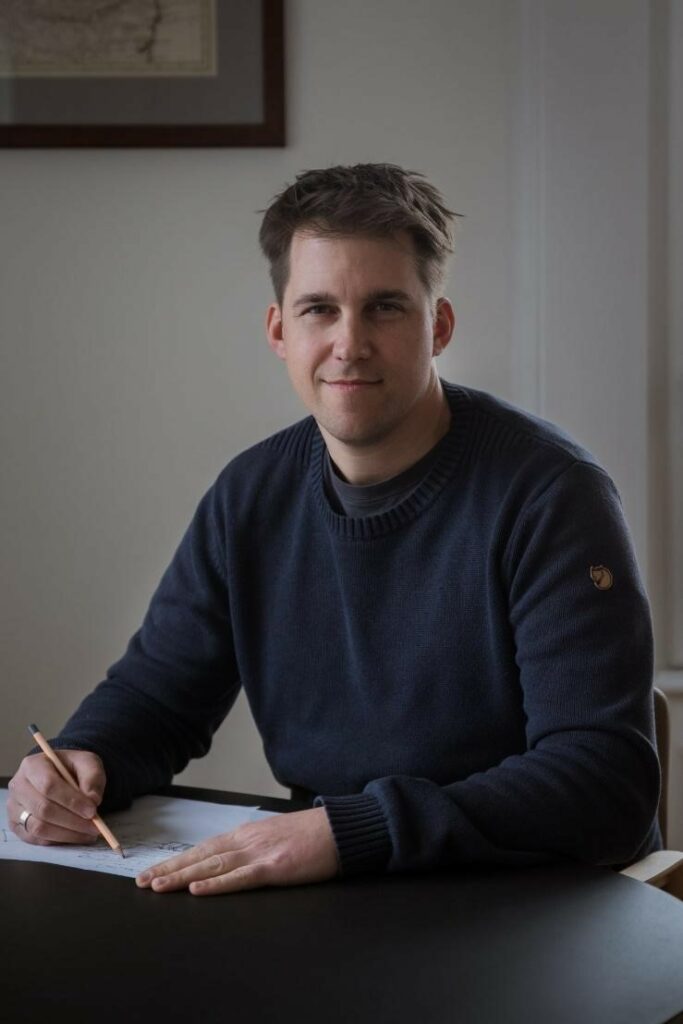
– First of all, what was revealed not only from the memoirs, but also from the accounts of acquaintances, grandparents, and parents, my great-grandfather always managed to remain a man even in the war and in captivity. As a commander, the most important thing for him was the life of his soldiers, but rather, in his words, the lives of his comrades. He was loved and respected, that is, he had respect. He was a dove-hearted, God- and man-loving military officer. At the same time, what really made me think was how much hardship people went through at that time. We can't even fathom this in today's prosperity. My great-grandfather became a soldier at the age of 21, he fought through the First and Second World Wars, he was in the throat of death every day, then he was a prisoner of war in Siberia, and then the communist years. He was a part of so much misery and yet he was able to remain a happy person, which was thanks to his strong faith in God. Perhaps a part of the memoir gives a good impression of all this:
"...Lying on my back, I watch the cutting of the forest dejectedly from behind the head protection.
Two soldiers carry a crate of ammunition and bring it towards us. They hang up, they have a good laugh. They pick up the box again, and you can hear their voices and laughter. They even hold their stomachs, they laugh so heartily. What a contrast!
Here lies the heroic dead comrade who was talking and smiling a few minutes ago.
And these patriots, with childlike carelessness, gleefully laugh from their hearts. They don't know that Ensign Laci Homor died a heroic death. They pick up the ammunition box and hold it towards us, laughing. But what is it? Impossible! It's all the work of a moment! The chest is dropped! One or the other gets to his heart, they fall over the chest! It's over! That's the difference between life and death. Finis la commedia - they went to a heroic death laughing..."
– How did you get the memoir?
- Even the grandparents were engaged in family tree research and the maintenance of the family legend was passed down from generation to generation. I myself am so interested in this that I also want to deal with the life of my military grandfather, brave soldier Endre, on my father's side. My maternal great-grandfather is the brave Ferenc Lakatos, who was one of the most decorated soldiers in World War I. For example, he received the Gold Medal of Valor and the Order of the Iron Crown, with which he also gained nobility.
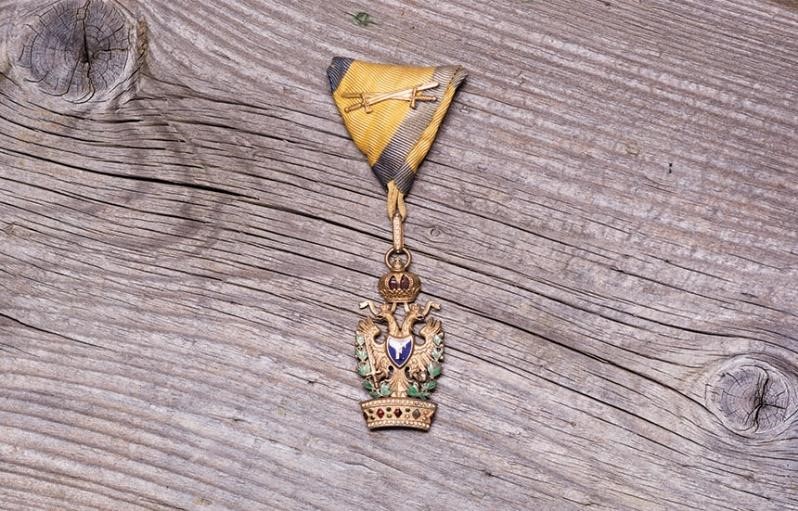
My grandmother started to process the memories written by my great-grandfather in the late 80s, she clarified the manuscript and had it typed by someone. According to family tradition, the maintenance of material and written memories is always inherited by the male line. When my grandmother died in 2013, I got all the memories and I promised her that she would have a worthy place with me. I started working on it, and it took six years from 2016 until the book was born.
– After all, the memoir was already typed, so I think it was relatively easy to transfer it to the computer.
– We did not work from the typed document, as we did not know how authentic it was with the original handwriting. Therefore, we relied on the original wording. It should be known that my great-grandfather wrote down the events on the fronts, in prison of war, on sticky notes and even on toilet paper, although most of the notes were destroyed. I just call this the Kőszeg burning. In 1945, my great-grandmother was so horrified that she burned all evidence that might compromise the family. In any case, during his retirement, the brave Ferenc Lakatos clarified the remaining records of his military time in a notebook.
Of course, in many cases they were not up to date, and there were name misspellings and small mistakes. Despite this, the original text was printed one by one, but these were clarified in footnotes. I can say that entering the text wasn't the big job, rather the historical research took a lot of time.
– Did you use help to find this out?
- The text was edited by my historian friend Balázs Nagy, and of course he also carried out the research, and provided the descriptions with footnotes. It was a huge job, it took years, but this is how the readable recollection of my great-grandfather became correct, one might say historically authentic. We processed it this way because we did not change the original text, we published everything as described by Colonel Ferenc Lakatos. Not only did we stick to his every sentence, but we also published his photos and memorabilia in the book. As an example, I would mention that he invented the monogram on the cover of the book, which can be seen in his photo album.
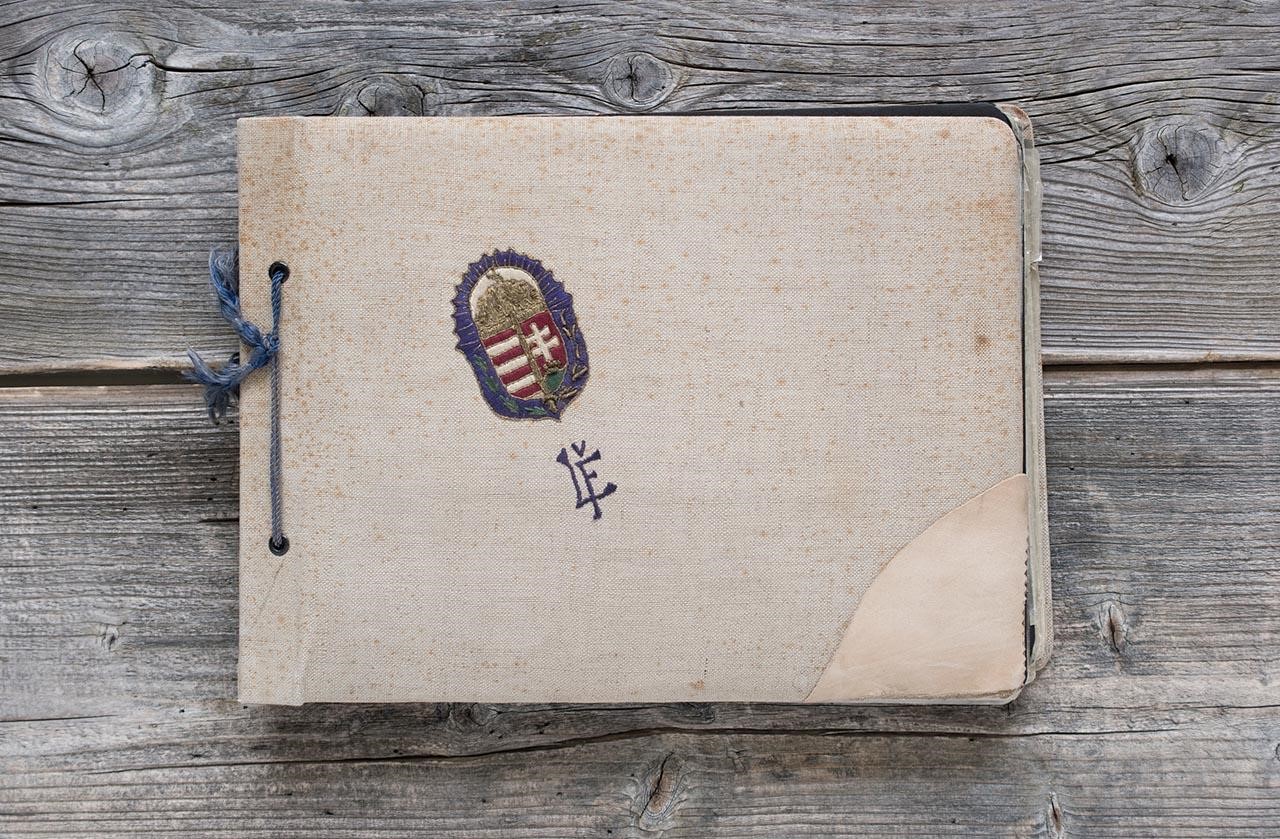
As far as I know, he was the highest-ranking military officer whose diary contained detailed accounts of the Transylvanian campaign and the siege of Budavar, which we can safely say is a curiosity. It is perhaps not an exaggeration to say that this recollection can be a secondary source for military historians, as it certainly contains new information. On the other hand, it is very interesting that as a military officer he was – understandably – a kind of linear person, while we can also call him cheerful, with a writer's vein, and a great storyteller. That is why his memoirs can also be an enjoyable read for lay people.
– He mentioned the Budavári eruption, the anniversary of which was commemorated recently. What does your great-grandfather owe you for surviving?
– On the one hand, it is due to his military experience, personal reconnaissance and refusal to break out. He became the commander of the division in the hours before the eruption. According to his description, the eruption was disorganized, and he also saw with his own eyes that there were piles of corpses on Széll Kálmán tér. As he wrote, "My decision and order: neither for the sake of the Germans nor for anyone else will I allow the remaining national defense to be sacrificed or taken to the slaughterhouse. Enough of the unnecessary bloodshed of the national defense!"
So they stayed in the castle, waiting for the Russians, which turned into a 3.5-year prisoner of war in Siberia, from which most of them returned home. He was then brought before a court-martial, but they could not convict him based on the testimony of his comrades who were called as witnesses. At that time, he was offered the command of the Budaörs airport, but he did not accept it, saying that the communists cannot be trusted, and that they would surely be convicted of some trumped-up charge within a year. Of course, his military pension was revoked, so he worked in gardening for a while.
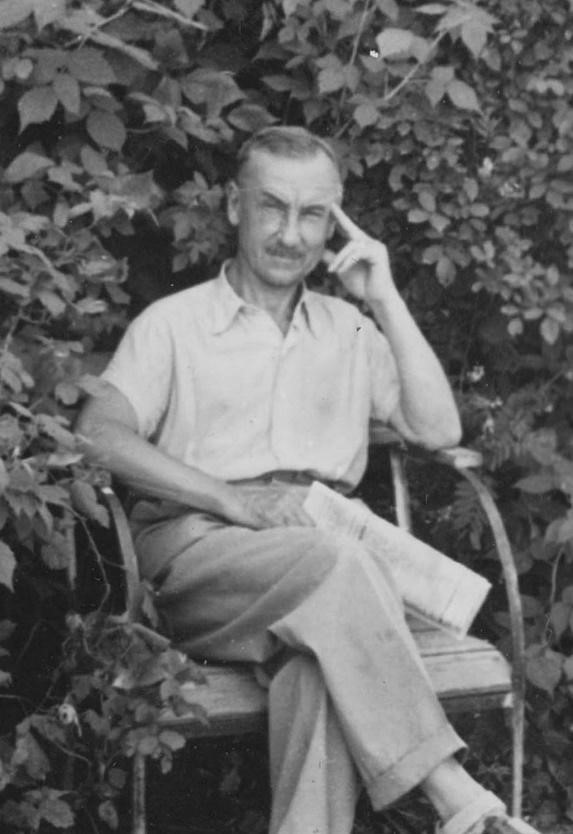
– In the war diary there are quotations from poems, at the same time poems by Ady, Arany, and Petőfi were also published, and in addition to countless photos, you can also find military maps.
- Don't worry, the graphic team also did a great job, they drew maps, did graphic and folding work, took care of the photos and came up with many design ideas. I was actually the Project Manager. In addition to coordinating the work, I tried to look at the various proposals to see if my great-grandfather would be satisfied with them. He had a high visual culture, and we wanted to reproduce his and the pretentiousness of the time, which was important to me as an architect. For example, the fabric cover of the book, the fine graphic details or the textile bookmark all reflect the sophistication of the time. The design of the entire book reflects the family sophistication carried by my ancestors, which is why I did not contact a book publisher, but decided to publish it privately.
– How was he able to write a preface to the book published in 2022? Pál Bolberitz, since he left for God's garden years ago.
- The father was an old friend of the family, the so-called cursed, he held secret religious classes in my grandparents' apartment. I also knew Father Pali well, and when the memoir was completed based on the original text, I asked him to read it and write a foreword. Unfortunately, he did not live to see the publication of the book, but I am very grateful to him that he started the Hej boys before his death, life is still beautiful! to write his foreword. The title is the refrain of a song, sung by the soldiers, which of course also appeared in the memoirs. Colonel Lakatos's favorite song is the Little Banner. This refrain expresses the faith in God with which they were able to maintain the cheerfulness of their souls even in the midst of suffering, they were able to remain happy and rejoice that life is still beautiful!
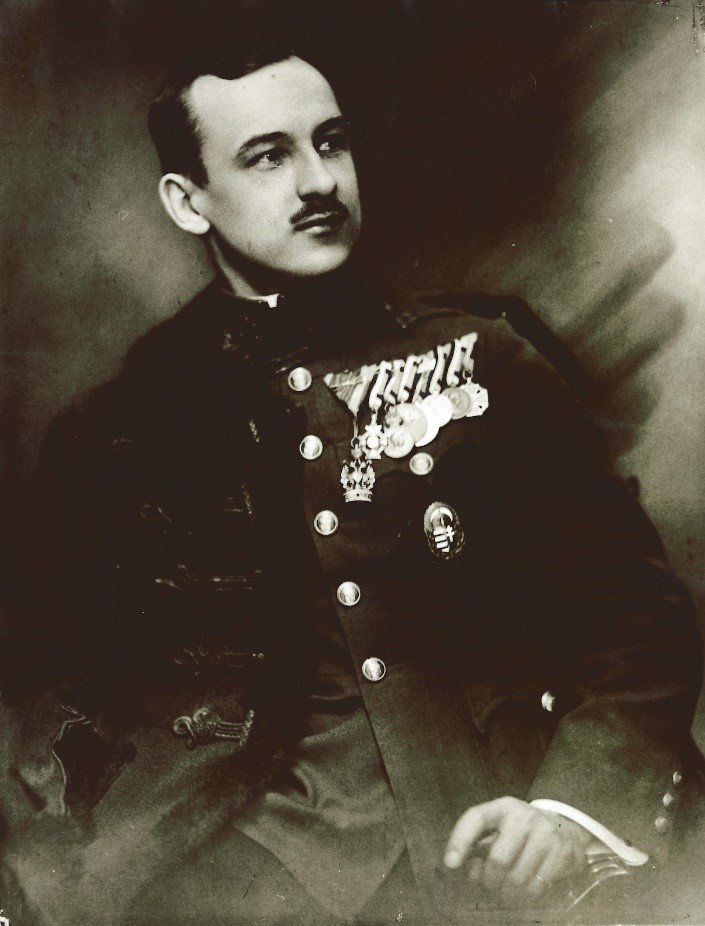
" A desperate armored battle is taking place in the vicinity of Komádi and Újiráz.
The sound of Stalin's organs can be heard. Villages engulfed in large clouds of smoke, burning with huge tongue flames. Poor little Hungarian villages, what have you done wrong?
My heart sinks when I see this vandal, terrible destruction. For whom? Why? For the immeasurable German pride, for the ungodly German insatiability! We didn't need either world war.
We didn't need living space.
The wreath of the Carpathians closed with the Adriatic; Our country, shaped like a slice of butter bread, had everything in the world. Its sea, its forests, its abundance of mines. We didn't need the territories of neighboring small countries. Our Prime Minister of 1914 protested hand and foot against the war in vain. Germanic violence overwhelmed everything. And when we fell with him, the viper species turned from allies to death robbers. He annexed half of the western counties of the thousand-year-old Hungary under the fictitious title of Burgenland.
The poet says it well:
"DO NOT BELIEVE HUNGARIAN AS GERMAN!"
WHATEVER THEY WILL BELIEVE, BECAUSE IF YOU GIVE A LETTER AS BIG AS YOUR ROUND COAT.
AND HE PUTS A SEAL ON IT LIKE THE FLANGE OF THE MOON. THERE IS NO VIRTUE IN IT, LET JESUS CHRIST BEAT HIM!"
Hey guys, life is still beautiful! more information about the book can be found on the hadinaplo.hu portal.
The author: Balázs Czakó

